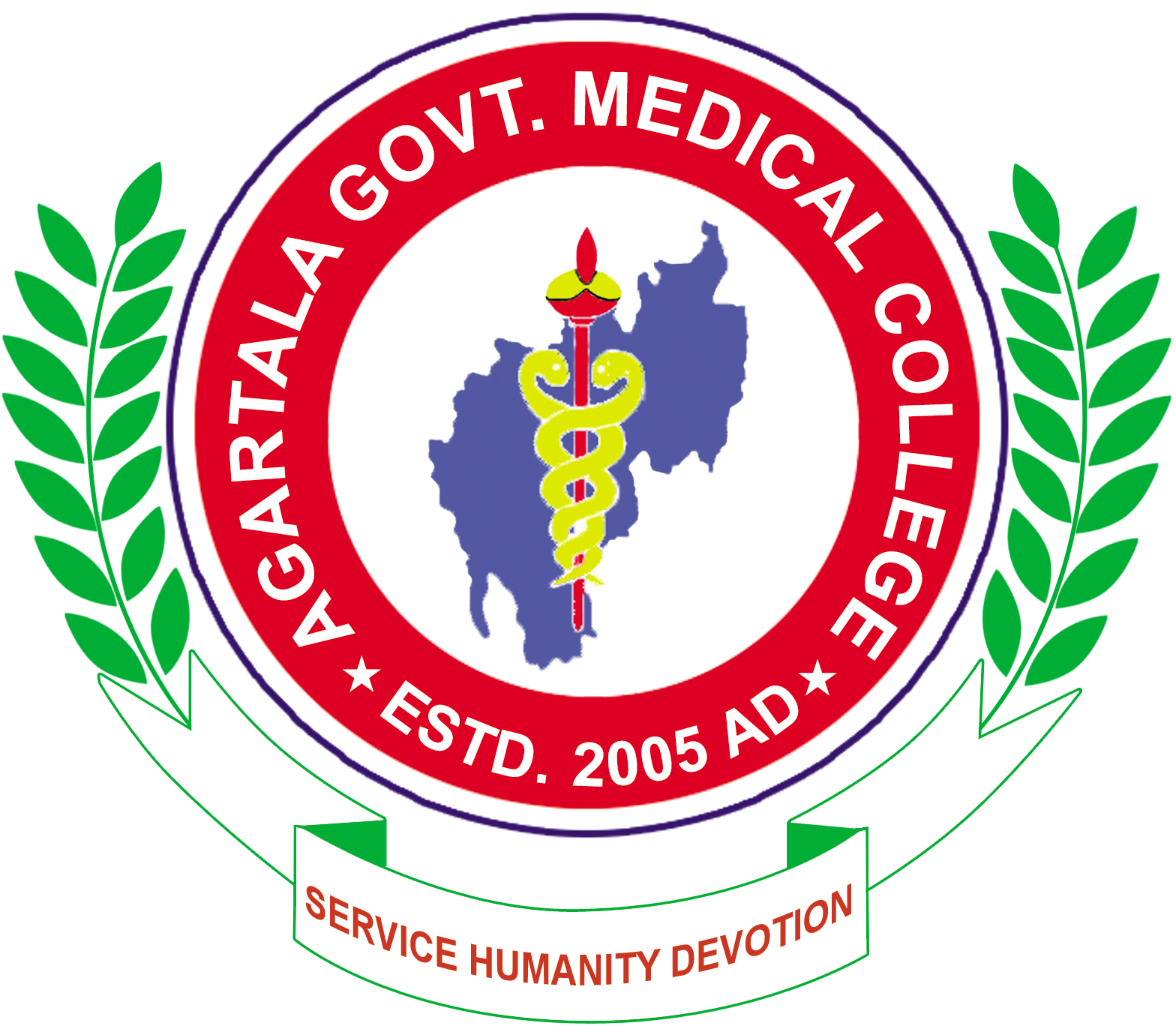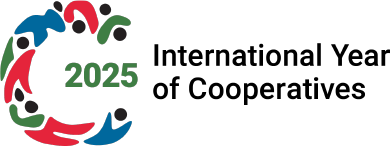DEPARTMENT OF NEPHROLOGY
The Department of Nephrology at AGMC is committed to the diagnosis, treatment, and management of kidney-related disorders. The department combines advanced medical care with innovative treatments to address a wide range of nephrological conditions, from chronic kidney disease to complex renal replacements.
1. Academic Curriculum
The department provides education and training for undergraduate (MBBS) and postgraduate (DM Nephrology) students. Key areas of study include:
- Kidney Diseases: Diagnosis and management of acute and chronic kidney diseases, including glomerulonephritis, nephrotic syndrome, and diabetic nephropathy.
- Dialysis Therapy: Techniques and management of dialysis for patients with end-stage renal disease, including hemodialysis and peritoneal dialysis.
- Renal Transplantation: Evaluation, preparation, and post-operative care for kidney transplant patients.
- Electrolyte Disorders: Management of disorders related to electrolyte imbalances, such as hyperkalemia and hyponatremia.
- Hypertension Management: Treatment of hypertension related to kidney disease and its impact on overall kidney function.
2. Clinical Services
The Department of Nephrology offers a comprehensive range of clinical services:
- Outpatient Services: Evaluation and management of kidney diseases, including consultations and routine follow-up visits.
- Dialysis Services: Provision of hemodialysis and peritoneal dialysis for patients with chronic kidney failure.
- Renal Transplant Services: Comprehensive care for kidney transplant patients, including pre-transplant evaluation, post-transplant management, and follow-up care.
- Acute Kidney Injury Management: Rapid assessment and treatment of acute kidney injury and its underlying causes.
- Hypertension Clinics: Specialized care for patients with hypertension related to kidney disease.
3. Faculty
The department is led by experienced nephrologists and specialists:
- Head of Department (HOD): Dr. [Name], DM Nephrology, specializing in [specialization], leading the department’s nephrological services and educational programs.
- Senior Faculty Members: Experts in various aspects of nephrology, including dialysis, transplantation, and hypertension management.
4. Workshops, Seminars, and Conferences
The department organizes educational events to advance knowledge and skills in nephrology:
- Workshops on Nephrological Techniques: Hands-on training in dialysis procedures, renal biopsies, and transplant care.
- Seminars on Kidney Diseases: Discussions on current trends, case studies, and innovations in nephrology.
- Conferences on Renal Medicine: Exploration of new research, technologies, and best practices in kidney disease management and treatment.
5. Facilities and Resources
The Department of Nephrology is equipped with advanced facilities:
- Dialysis Unit: State-of-the-art dialysis machines and equipment for hemodialysis and peritoneal dialysis.
- Transplantation Unit: Specialized facilities for renal transplant procedures and post-operative care.
- Outpatient Clinic: Facility for the evaluation, management, and follow-up of nephrology patients.
- Diagnostic Labs: On-site laboratories for kidney function tests, electrolytes, and other relevant investigations.
6. Research and Publications
The department is actively involved in research to improve nephrological care and techniques:
- Chronic Kidney Disease Research: Studies on the progression, management, and treatment of chronic kidney disease.
- Dialysis Research: Investigation into new dialysis techniques, outcomes, and patient care.
- Renal Transplantation Research: Research on transplant outcomes, immunosuppressive therapies, and organ preservation.
- Publications: Faculty members contribute to scientific journals and conferences with research findings and clinical insights.
7. Student Involvement
Students are actively engaged in practical training and research:
- Clinical Rotations: Hands-on experience in the nephrology unit, including patient assessment, dialysis procedures, and renal transplantation.
- Research Projects: Opportunities to participate in research related to nephrology, including clinical studies and experimental treatments.
- Educational Activities: Involvement in workshops, seminars, and case discussions to enhance understanding of nephrological practices.
8. Community Outreach Programs
The department is committed to improving nephrological care and awareness through outreach initiatives:
- Kidney Health Awareness Campaigns: Educating the community about kidney diseases, prevention, and early detection.
- Health Camps: Conducting community health camps to provide basic kidney assessments and medical education.
- Support Groups: Organizing support groups for patients with chronic kidney disease and those undergoing dialysis or transplantation.
9. Future Directions
The Department of Nephrology at AGMC aims to:
- Enhance Nephrological Services: Invest in advanced technologies and improve nephrological care processes.
- Promote Research and Innovation: Foster research in nephrology to advance patient outcomes and treatment techniques.
- Expand Community Outreach: Increase outreach programs and educational initiatives to enhance awareness and prevention of kidney diseases.
- Advance Education and Training: Develop new educational programs and training opportunities to stay current with advancements in nephrology.


